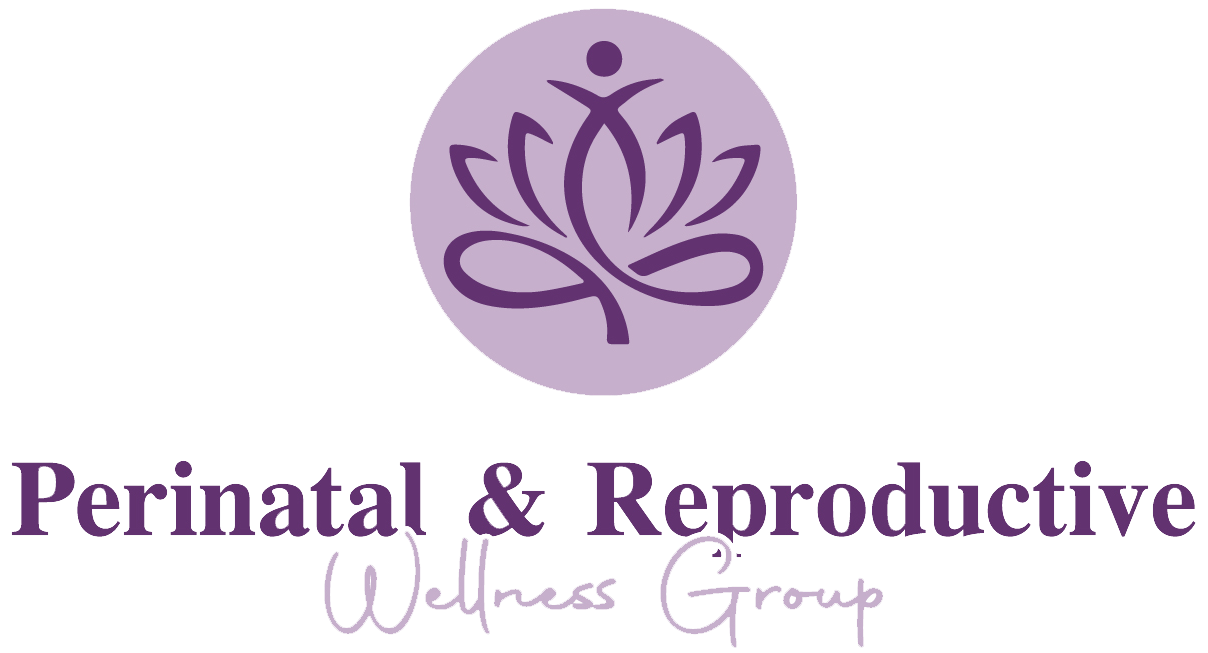Postpartum Support International
July marks an important event for me professionally, as I will be presenting a session for perinatal professionals on how to conduct parent-centered crisis intervention at the Annual Postpartum International Conference in New Orleans. This topic, which speaks to the heart of my mission to support the perinatal community, is largely taboo. When a postpartum mom experiences her first manic episode or psychotic break, it never stops being shocking, no matter how many times you’ve witnessed it – let alone for a professional facing their first patient. Yet the unique circumstances that come with the postpartum period demand a gentle, patient-centric approach that our country is ill-equipped to provide.
As many of us know all too well, maternal health in the U.S. is not well protected, at a basic level, which means we often fail to offer support to mothers in the early stages, before a full-blown crisis develops. In the U.S., it's an ongoing standard to do an "all clear" from OB/GYN. If you're lucky, an Edinburgh screen will take place at the six-week appointment which can capture postpartum depression but not postpartum anxiety or postpartum-post traumatic stress disorder. If you're even luckier, the pediatrician might administer one.
As we let thousands of women slip through the cracks of our health system, the ones who reach the level of a psychiatric emergency face a needle in a haystack to find an emergency department with perinatal maternal health trained staff, let alone law enforcement who provide necessary transport. Their partner – if they have one – may not be able to provide support during the intervention; nor will a hospitalized breastfeeding mother be able to access a pump (unless they happen to live in the Triangle in North Carolina), compromising (if not ending) their ability to continue to do so afterwards.
The goal of my presentation is to argue for a proactive approach to crisis intervention - which starts by shedding light on the details of this taboo topic, as shocking as they are. If my training better equips even one professional to handle crisis intervention from a parent-centric approach, I’ll feel like I’ve made a contribution.
